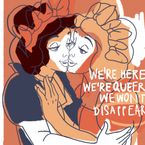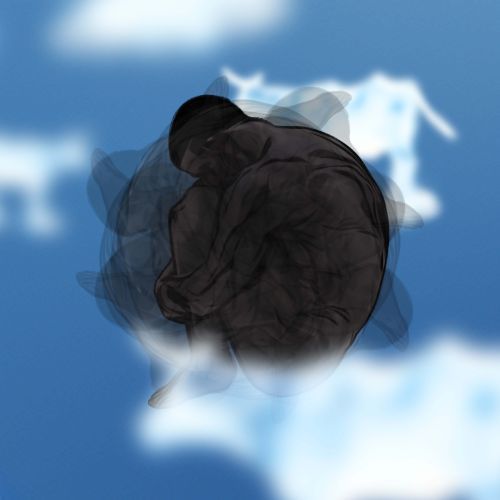How do trees protect cities from the heat?
Baghdad is losing green spaces due to the real estate boom. Over the past two decades, they have shrunk from over 28 per cent to approximately 12 per cent. Located on the Tigris River, the Iraqi capital is one of the world’s hottest cities- air conditioning is a luxury that only the wealthy can afford. In the last decade, many of Baghdad’s parks and gardens have been replaced by buildings with often unregulated legal status, reducing green spaces to more than 5 degrees cooler than areas without vegetation. Muhmood Aziz, director for planning at the Baghdad Municipality, says the loss of green spaces has accelerated since 2003 when the US invaded Iraq. In the city, where summer temperatures reach 125 degrees Fahrenheit (about 51.7°C), the dangerously high heat and high air pollution pose a particular threat to the poor who do not have access to air conditioning to the senior citizens, infants and the sick.
A study of 93 European cities by an international team of scientists shows that planting trees can reduce deaths caused by summer heat. Increasing the area covered by trees to 30 per cent has been shown to reduce temperatures by 0.4°C. The researchers used mortality data to estimate the potential decrease in deaths due to lower temperatures due to increased tree cover. Using 2015 data, they calculated that 2,644 of this year’s 6,700 premature deaths attributed to higher urban temperatures could have been prevented if the number of trees had been increased.


























